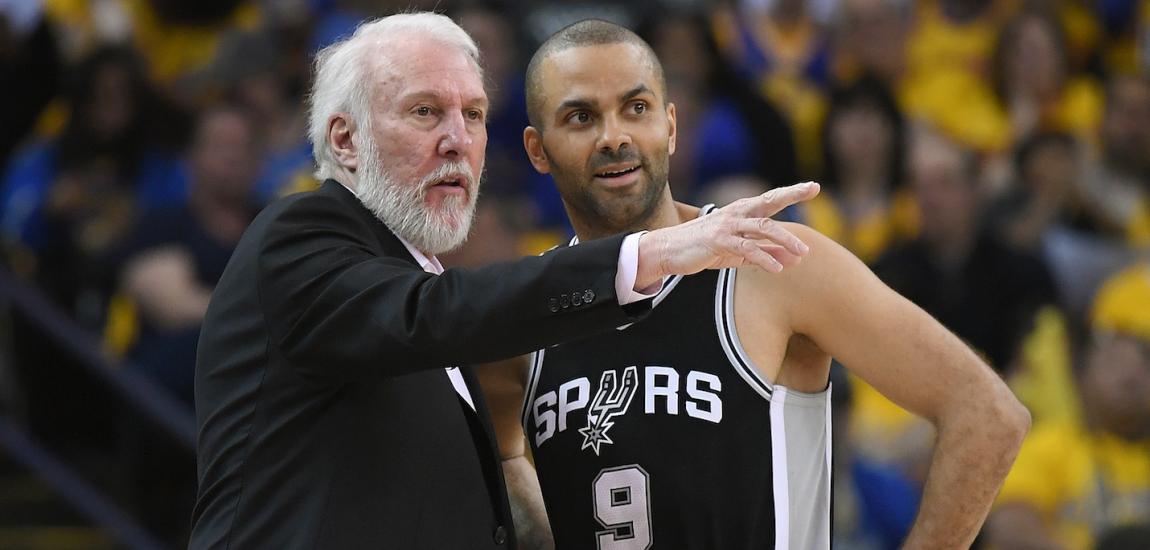
Among the many qualities that separate LeBron James and Magic Johnson from other NBA players who are in the 6-foot-7 to 6-foot-9 range is their extraordinary ball-handling skills. James and Johnson are the epitome of the "point-forward," the player who has the body of a power forward and the dexterity of a point guard.
When Clark Kellogg, another former prep star who was nearly as comfortable in the backcourt as he was in the paint, looks at his career, he quickly identifies ball-handling drills as the most important in his development.
At 6-foot-7 and 220 pounds, Kellogg has nearly the same body dimensions as James and Johnson. And while he never had the same professional success as either Magic or LeBron, Kellogg's smooth handles make one wonder how good he could have been were his career not derailed by creaky knees.
Kellogg told ThePostGame that his father's weakness as a basketball player was always ball-handling skills, so from an early age Clark Kellogg Sr. emphasized to his son the importance of being comfortable with the rock.
"As a 9-, 10-, 11-year-old who looked like he was going to be tall, my dad’s admonition to become a good ball handler is something that served me extremely well as I developed," said Kellogg, now a CBS analyst.
After a stellar prep career at St. Joseph's High School in Cleveland and an impressive stint at Ohio State, Kellogg could have been a fascinating foil for Johnson. In his first season with the Indiana Pacers, Kellogg averaged 20.1 points and 10.6 rebounds. That feat has only been matched by one rookie in the past decade: Blake Griffin.
Kellogg succumbed to knee problems after just a few years with the Pacers, leaving many to wonder what could have been.
Kellogg was always heralded for his drive and his basketball IQ, but when he looks back on his career he credits his solid ball-handling as perhaps the most important skill in his development.
"Any type of ball-handling drills that were part of my team practices or camp sessions that I attended always resonated, and I tried to put into practice," Kellogg said.
Even if Kellogg had stayed healthy, he likely would be remembered as more of a traditional big man than James or Johnson. But Kellogg's case is further proof that for big men, it never hurt to think outside the block.




